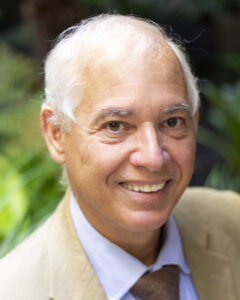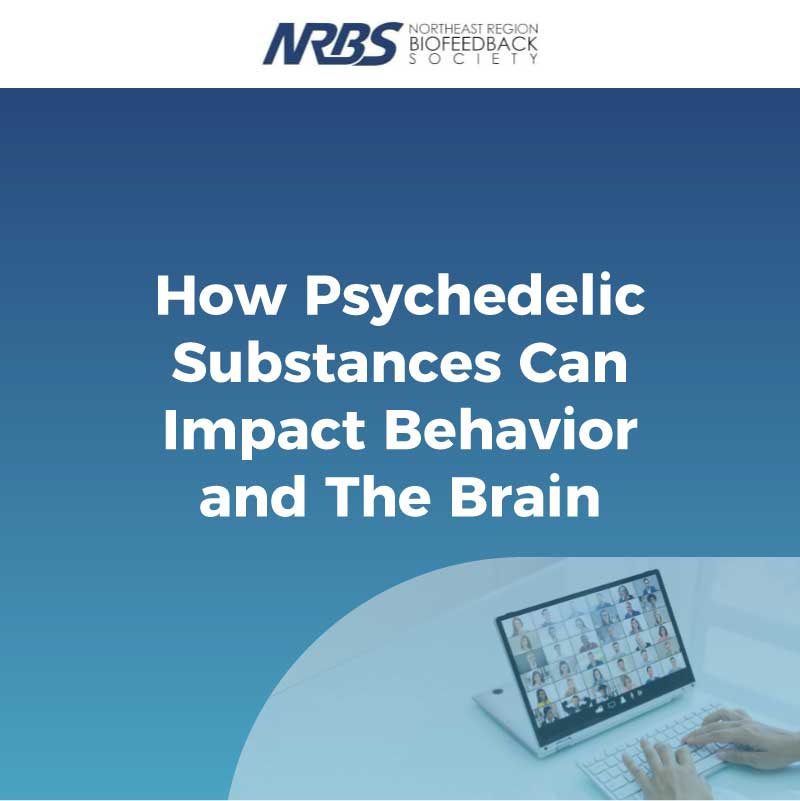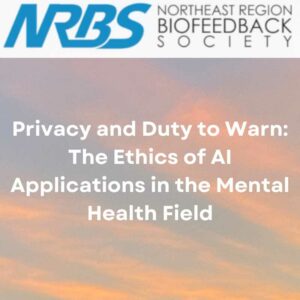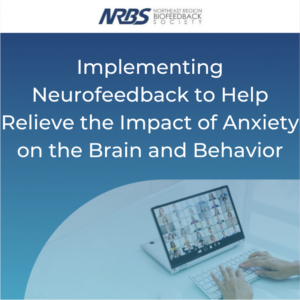Description
This program is part of a series that examines the impact of life events on behavior and the brain. The various components discussed will review research related to each subtopic, including COVID, electronic use, psychedelic drug use, trauma and more. In this hour, Dr. Villanueva discusses the effects of psychedelics on the human EEG. This presentation will cover (a) how a community based approach to studying psychedelics can obtain robust data, (b) what are the changes in the EEG using pre -post q EEG analyses, and (c) Dr. Villaneuva’s view of the risks and benefits observed while collecting data to evaluate the impact of psychedelic substances on the brain and behavior.
Objectives
As a result of participating, the attendee will be able to:
- List two ways in which psychedelics alter the cognitive process
- Explain how psychedelics work in the brain to achieve a healthy revision of pathological beliefs
- Describe the construct of mythical experience as related to psychedelic experience
Presenters

Dr. Michael Villanueva is a Clinical Psychologist. In 2011, he volunteered for deployment to Afghanistan as a US Army Combat Psychologist and was the first to use Neurofeedback within a combat environment. After deployment, he created a company whose mission statement is to protect and enhance human consciousness. When one of his heroin-addicted clients left to enter an Ibogaine clinic in Mexico, he obtained a pre and post-treatment qEEG. Driven to understand the inexplicable changes in the client’s EEG after ingesting a psychedelic, he studied digital signal processing, abandoning vendor-driven commercial EEG software, and engaged in collaborative, bridge-building relationships with computational neuroscience labs. For the past 8 years, he has clinically integrated EEG digital signaling processing methods and tools, some of which were developed in collaboration with scientists at UCSD’s Swartz Center for Computational Neuroscience. He has collected and analyzed 2,000 EEG recordings, with some pre-post results from the client’s self-medication with micro-dosing psilocybin. In addition to his regular clinical duties, he has traveled to rainforests in Mexico, Costa Rica, and Australia, collecting pre-post psychedelic data from Ayahuasca and 5MeO-DMT.




